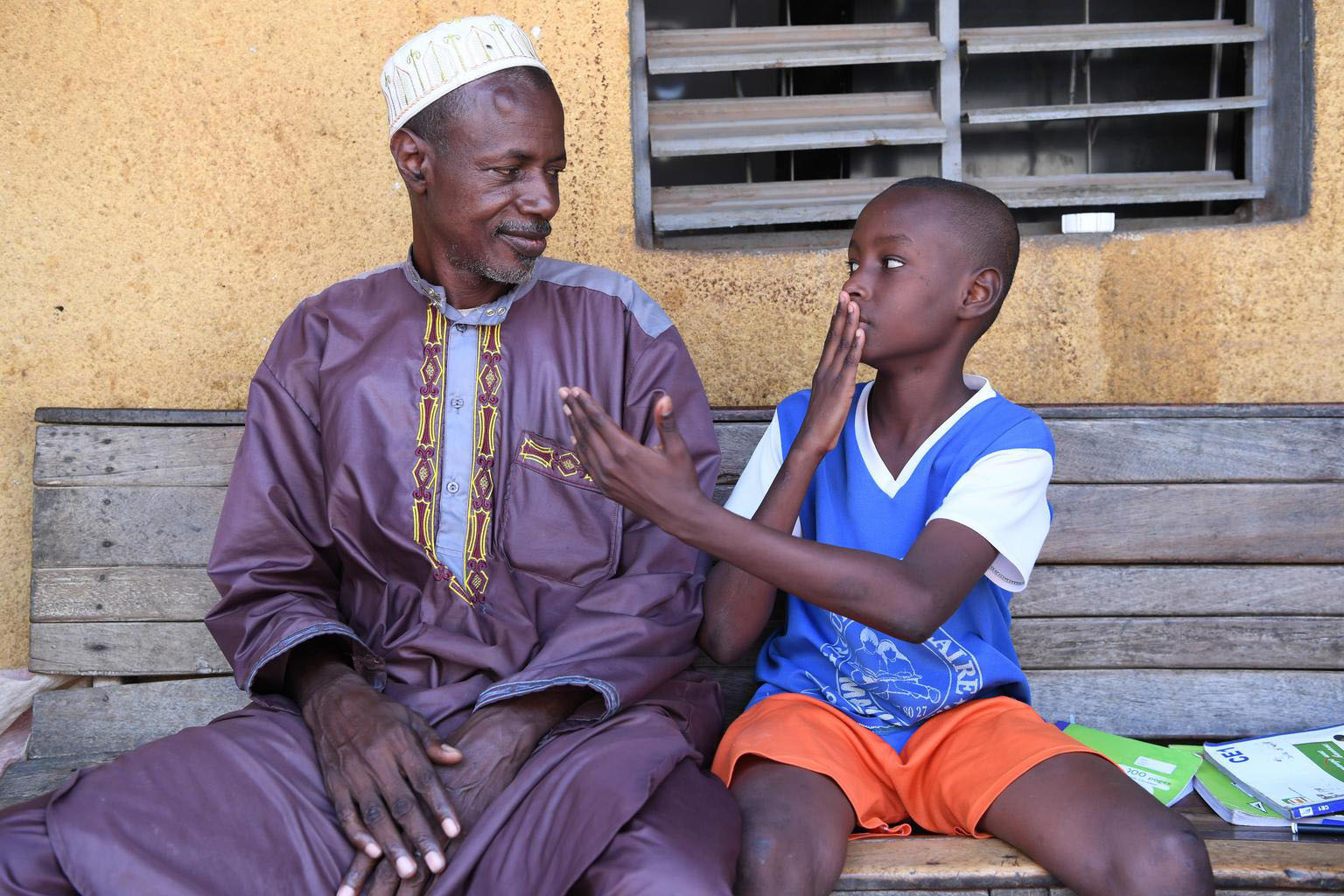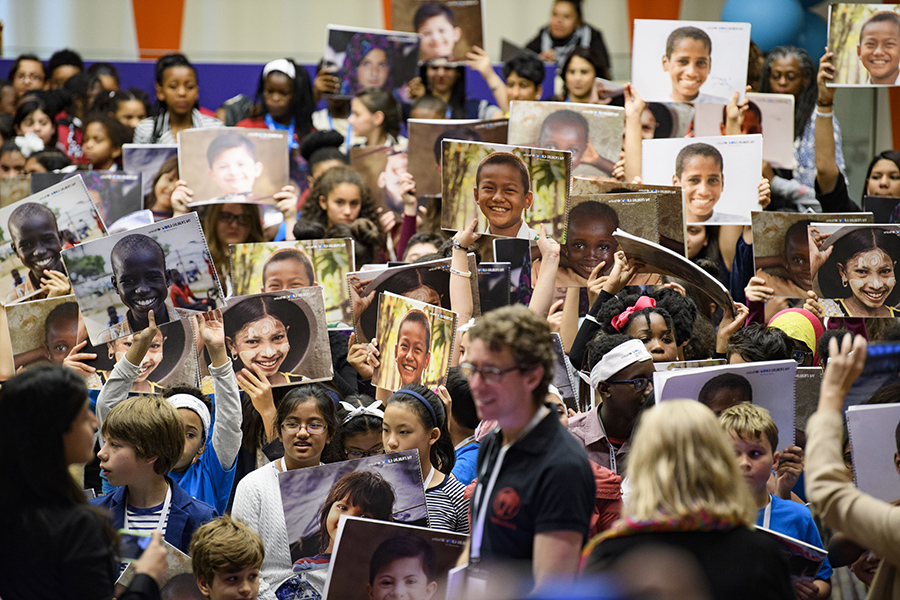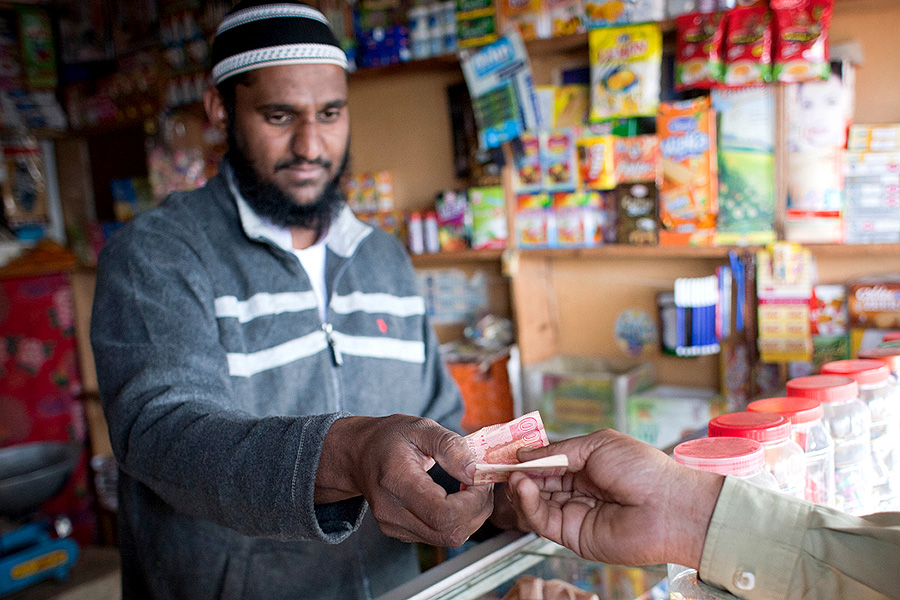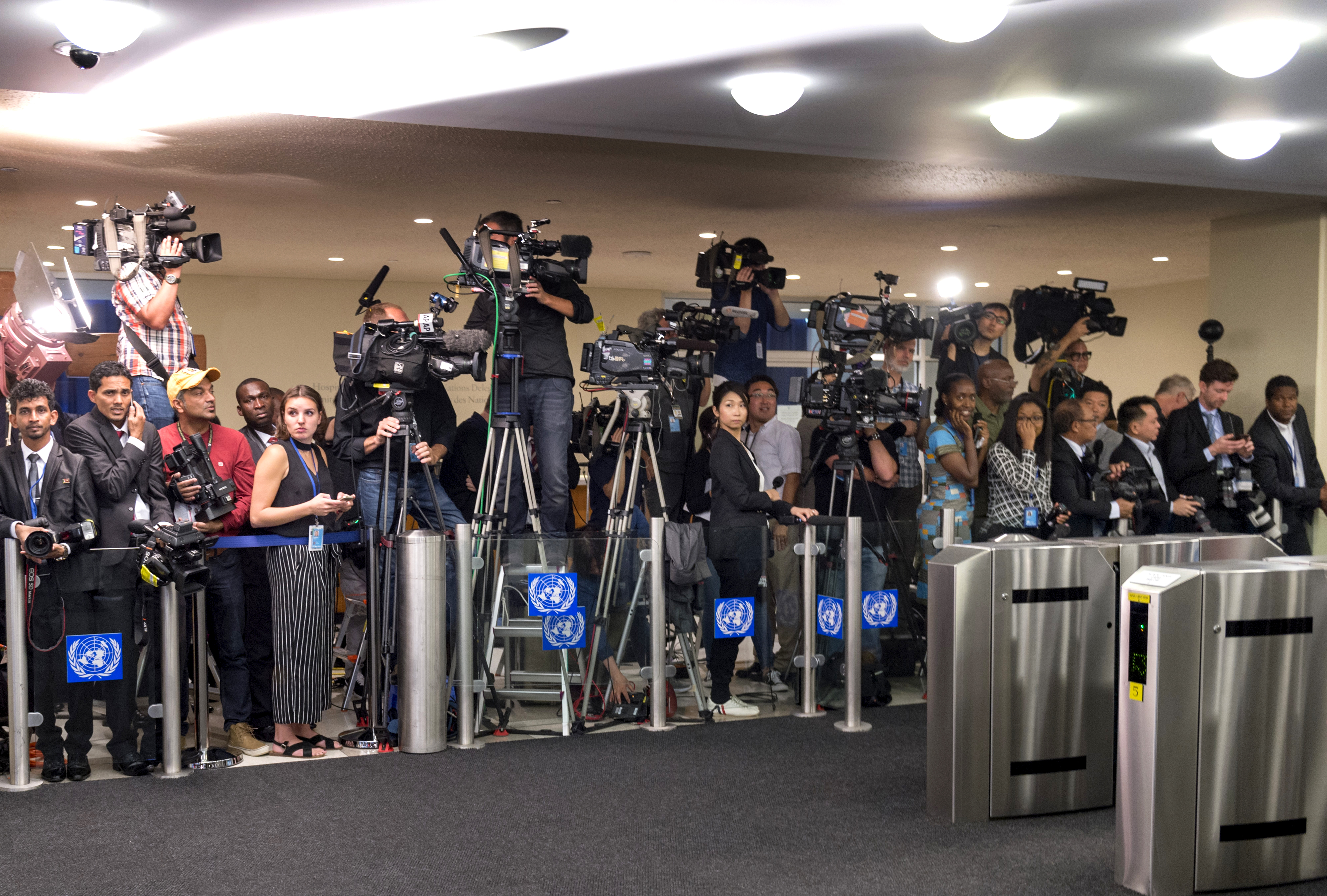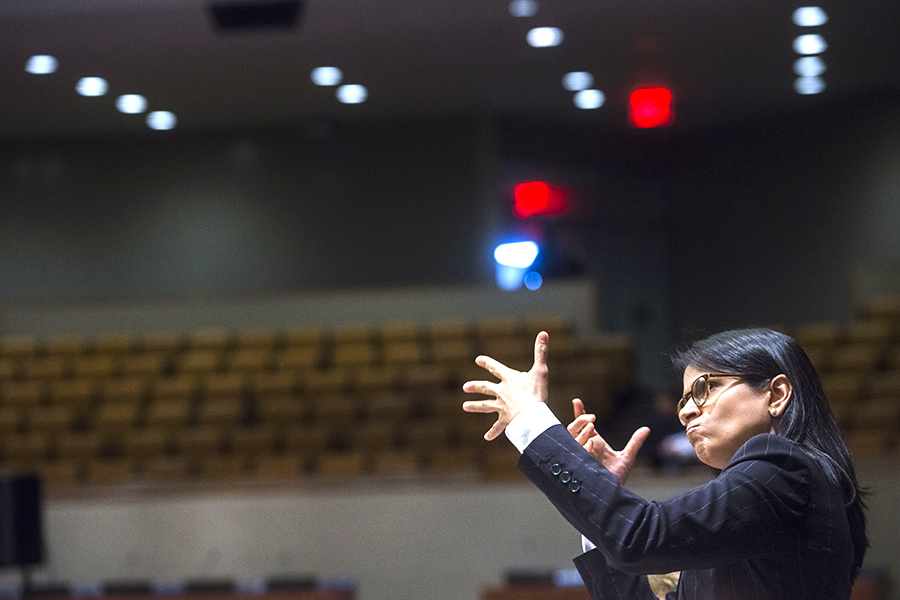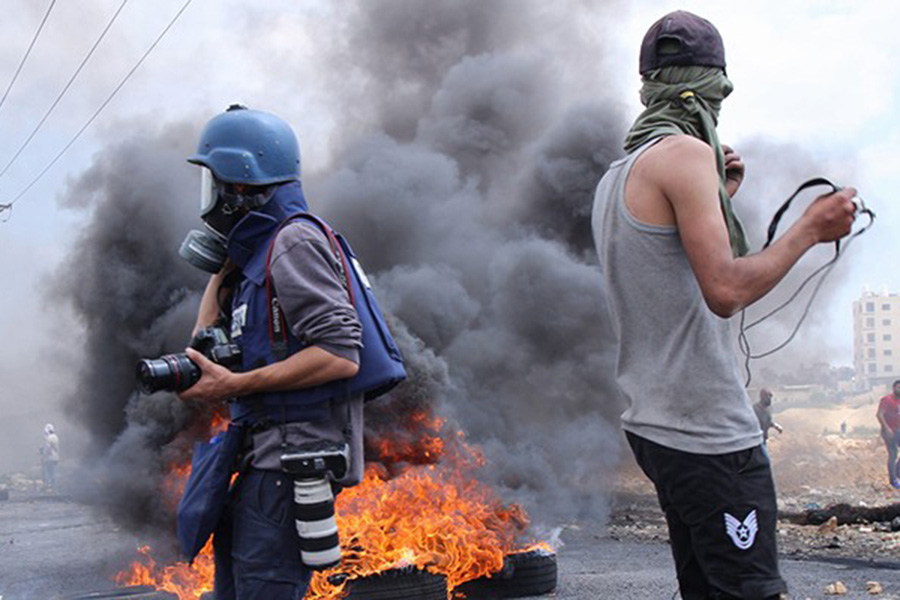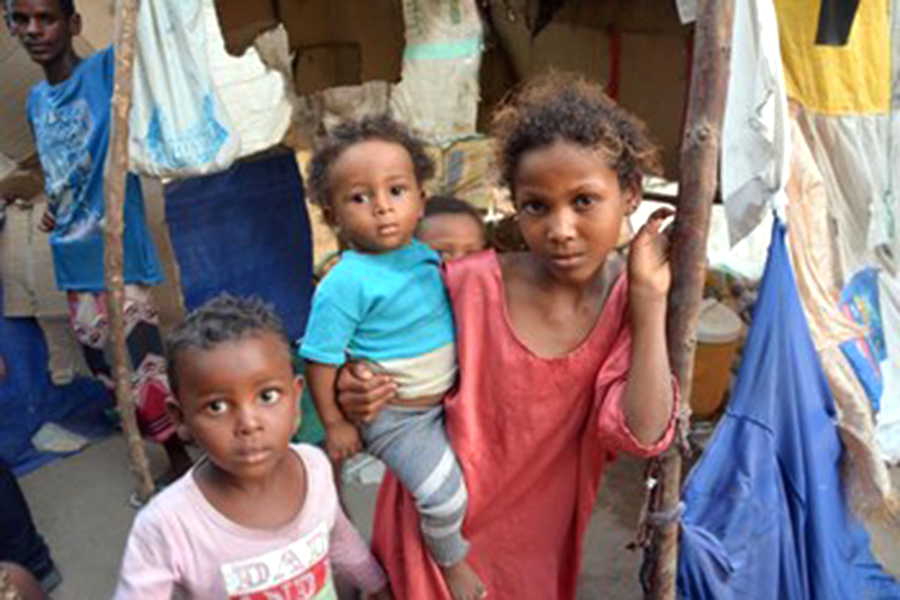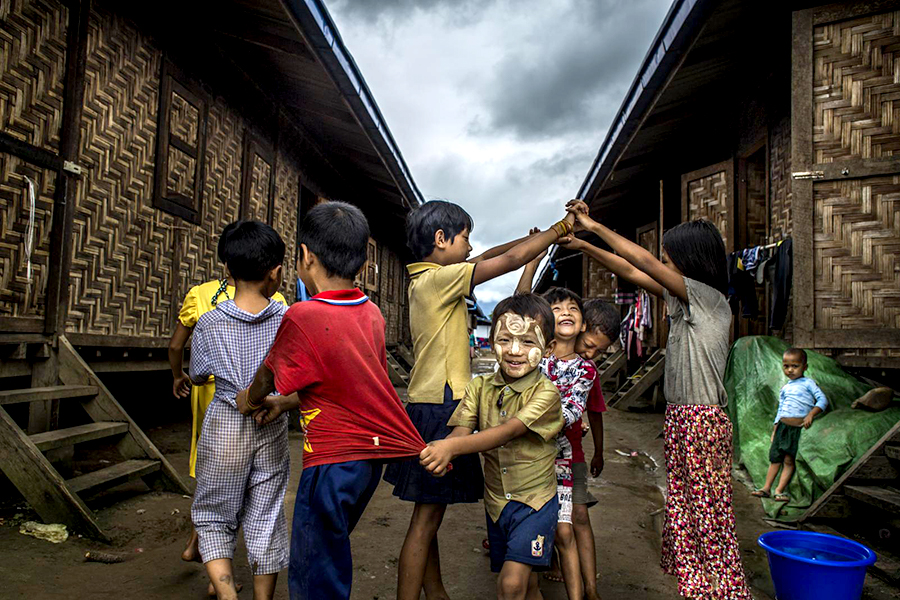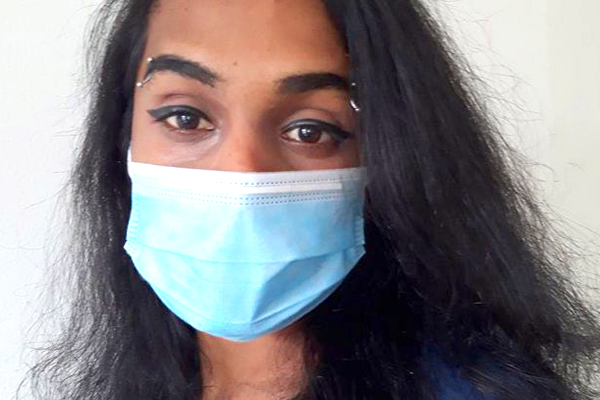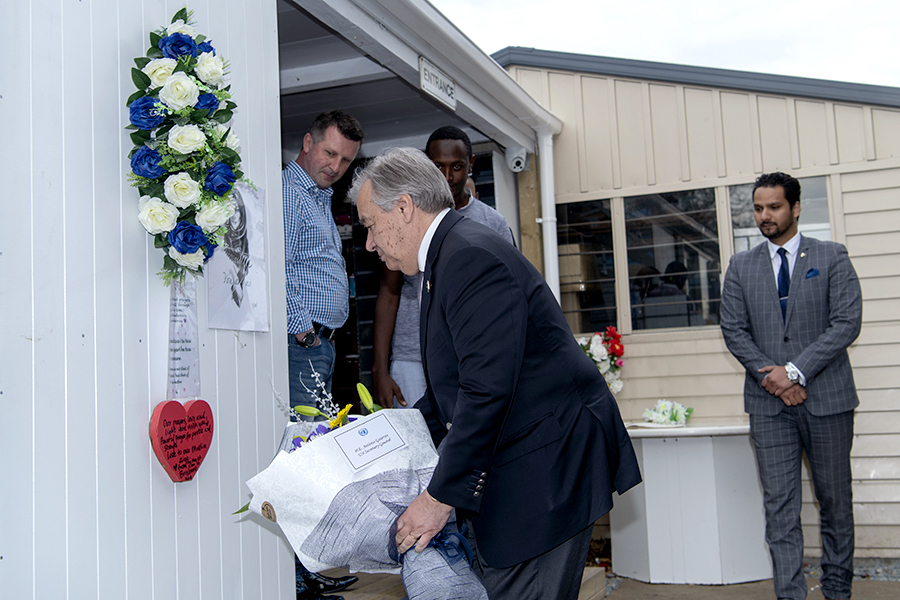UNESCO has condemned the killing of 59 media workers in 2020, among them four women. With 22 killings each, the Latin America and the Caribbean Region and the Asia and the Pacific Region registered the highest number of fatalities in the profession, followed by the Arab States Region with nine, and Africa with six. Overall, 2020 saw one of the lowest yearly tolls recorded by UNESCO over the past decade, during which 888 journalists and media workers paid the ultimate price for informing the public. In 2019, UNESCO condemned the killing of 57 journalists, 99 in 2018.
This year’s Human Rights Day focuses on building back better from the COVID-19 pandemic by ensuring human rights are central to recovery. We will reach our common global goals only if we are able to create equal opportunities for all, address the failures exposed and exploited by COVID-19, and apply human rights standards to tackle entrenched and systematic exclusion and discrimination. 10 December reaffirms the importance of human rights in re-building the world we want, the need for global solidarity as well as our interconnectedness and shared humanity. Watch the history of Human Rights Day.
The global crisis of COVID-19 has deepened pre-existing inequalities. Even under normal circumstances, the one billion persons living with disabilities worldwide are less likely to enjoy access to education, healthcare and livelihoods or to participate and be included in the community. As the world recovers from the pandemic, we must ensure that the aspirations and rights of persons with disabilities are included and accounted for in the post COVID-19 world. On the International Day of Persons with Disabilities (3 December), let us all commit to work together and achieve this goal.
Trafficking, abuse of power, human rights violations, environmental crimes, police violence. Journalists expose the abuses that impact us all. They stand up to power and inform us, sometimes at the cost of their own lives. That's why we must stand up for them.
The UN is committed to strengthening tolerance by fostering mutual understanding among cultures and peoples. This imperative lies at the core of the United Nations Charter, as well as the Universal Declaration of Human Rights, and is more important than ever in this era of rising and violent extremism. As part of this year’s observance of the International Day for Tolerance (16 Nov), UNESCO recognized the work of the Centre Résolution Conflits from the Democratic Republic in Congo by awarding them with the UNESCO-Madanjeet Singh Prize for the Promotion of Tolerance and Non-Violence.
A number of IFAD-supported projects have successfully assisted people with disabilities in setting up their own businesses along all stages of the value chain. As a result, they are now able to support themselves and contribute to their local economies. In rural areas, people with disabilities tend to face more challenges than their counterparts in urban areas. They are less likely to attend school, be employed, be attended by a skilled health worker or own a mobile phone.
Having an adequate home is now, more than ever, a matter of life and death. As COVID-19 continues to spread, people have been told to stay at home, but this simple measure is impossible for people who do not have adequate housing. The United Nations designated the first Monday of October of every year as World Habitat Day to reflect on the state of our towns and cities, and on the basic right of all to adequate shelter. The Day is also intended to remind the world that we all have the power and the responsibility to shape the future of our cities and towns.
On 1 October, the world celebrates the 30th anniversary of International Day of Older Persons. Although all age groups are at risk of contracting COVID-19, older persons are at a significantly higher risk of mortality and severe disease following infection. Considering the higher risks confronted by older persons during the outbreak of pandemics, policy and programmatic interventions must be targeted towards raising awareness of their special needs. We also must listen to older persons’ voices, suggestions and ideas to build more inclusive and age-friendly societies.
The International Day for Universal Access to Information 2020 focuses on to the right to information in times of crisis. It highlights how public access to information save lives, builds trust and helps formulate sustainable policies through and beyond the COVID-19 crisis. Universal access to information means that everyone has the right to seek, receive and impart information. This right is an integral part of the right to freedom of expression. It is also bound with the right to freedom of the press, since the media plays a crucial role in informing the public about issues of interest.
The International Day of Sign Languages (23 September) is a unique opportunity to support and protect the linguistic identity and cultural diversity of all deaf people and other sign language users. The Day also emphasizes the principle of “nothing about us without us” in terms of working with deaf communities. In 2020, the World Federation of the Deaf is issuing a Global Leaders Challenge. The challenge promotes the use of sign languages by local, national, and global leaders in partnership with national associations of deaf people in each country, as well as other deaf-led organisations.
A new UNESCO report highlights a sharp increase in the global number of protests during which the police and security forces violated media freedom. Between January and June this year, 21 protests around the world were marred by violations of press freedom, including protests in which journalists were attacked, arrested and even killed. The report suggests that a troubling new threshold has been crossed, revealing a growing threat to media freedom and freedom of access to information.
All parties to the conflict in Yemen - and the humanitarian catastrophe that it has created – are responsible for terrible crimes which should be investigated by an international criminal probe.
Significant breaches of human rights and other life-threatening and discriminatory disruptions have made part of the COVID-19 responses worldwide. The UN Secretary General has requested all UN entities to support the efforts of the WHO in their own respective areas of expertise. So, to better inform the response going forwards, UNAIDS commissioned a report on how COVID-19 public health orders and restrictions on movement have impacted the response to HIV and human rights.
Freedom of religion or belief is the basic human right, which plays an important role to combat religious hatred, incitement and violence. However, acts of intolerance and violence in the name of religion or belief, against individuals, including against persons belonging to religious communities and religious minorities, continue around the world. The number and intensity of such incidents, often criminal in nature, are increasing. Through the International Day Commemorating the Victims of Acts of Violence Based on Religion or Belief (22 August), the United Nations condemns the violence.



